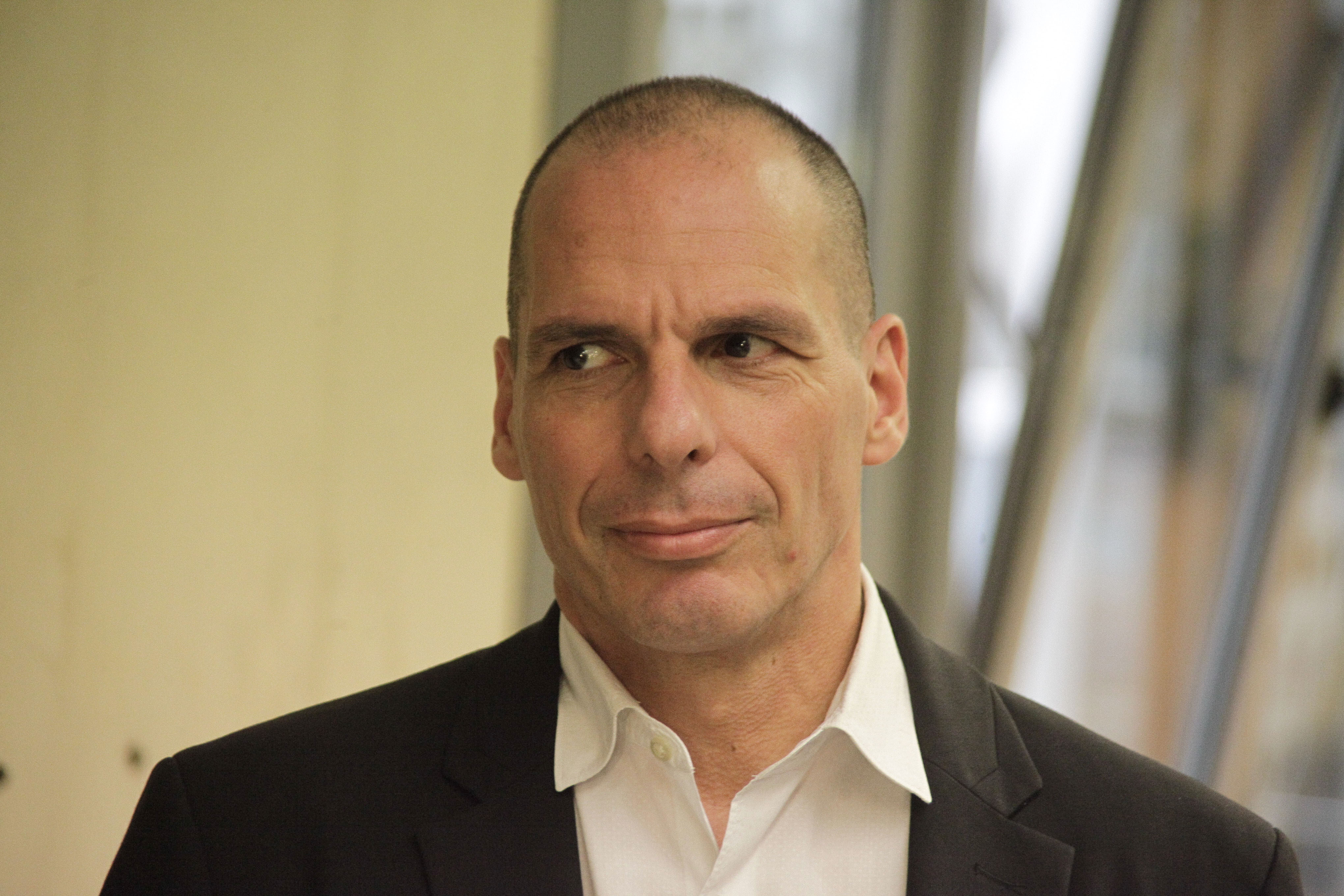The Minister of Finances Yanis Varoufakis gave an interview to Vima 99.5 FM on Friday morning, where he discussed the latest developments regarding the agreement sought out by the government.
Mr. Varoufakis stressed that the institutions demand “parametric measures” and insist upon austerity measures that will be catastrophic for the economy and private sector. He noted that when the Greek side makes a proposal, such as in tackling tax evasion, they claim they are structural measures and demand “permanent recessionary measures”.
According to the Finance Minister, the final deadline is on the 30th of June, when the loan agreement extension expires and commented that leaks and rumors regarding a “one-week ultimatum” from the Euro Working Group, are not being conducive to concluding the negotiations. He noted, however, that there would soon be an agreement for a comprehensive review.
Reforms in VAT, road tax and ENFIA
While there is a disagreement on the VAT rates themselves, Mr. Varoufakis announced that there was a significant agreement on the model of the reform to be implemented. He clarified that there will be three tax rates, with the VAT on food expected to drop, while the VAT for hotels is to increase. The VAT reform, he estimated, will generate an additional 900 million euros.
The Finance Minister revealed that the controversial proposal of introducing a levee on banking transactions – and which was promptly withdrawn, after the furor it caused – was a suggestion made by the institutions, specifically the European Central Bank.
Regarding the possible introduction of road tax for diesel-powered vehicles, Mr. Varoufakis responded that such a thought is not being considered. He explained that the government does not want to be “unfair” towards those who purchased vehicles that are environmentally friendly.
Mr. Varoufakis argued that the controversial real estate tax (ENFIA) is a “repulsive and unacceptable tax”, but conceded that the “we may have to accept some injustices for some time in order to avoid other injustices” and added that any alternative measures will be redistributive, to mediate ENFIA’s “repulsiveness”.





